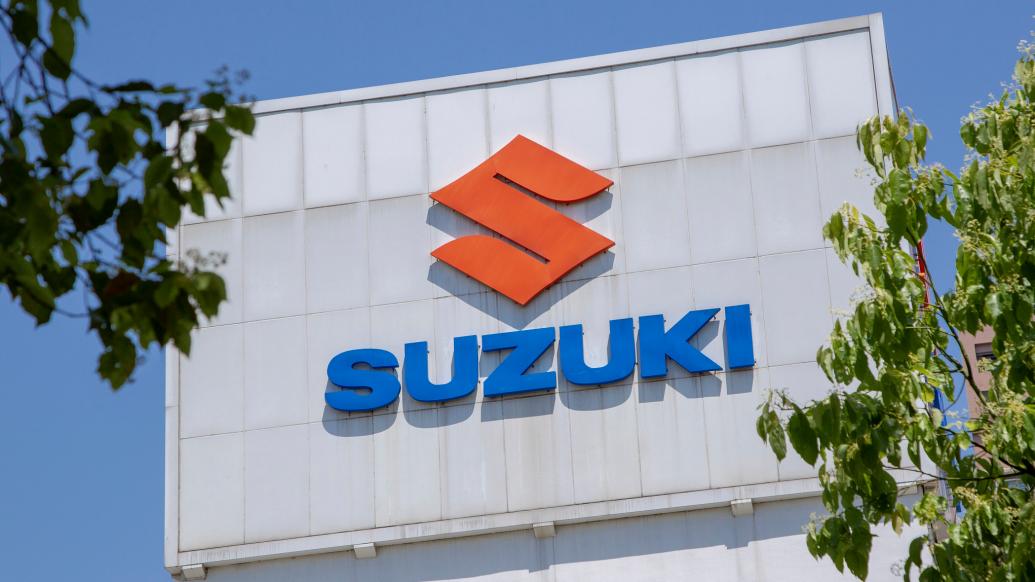
Last week, Suzuki Motor announced that it would close its factory in Thailand at the end of 2025. Before Suzuki, another Japanese automaker, Subaru, also announced plans to close its factory in Thailand and stop producing cars in Thailand at the end of 2024.
However, Suzuki Motor Thailand Co., Ltd. (SMT) will continue to provide sales and after-sales services in Thailand. Suzuki plans to maintain its position in the Thai market by importing complete vehicles from ASEAN countries, Japan and India.
It is reported that Subaru's Thailand plant was completed in 2019 and is the first large-scale dedicated Subaru assembly plant in Southeast Asia, with an annual output of 100,000 units. After the suspension of production, the United States will become Subaru's only overseas production base.

The two companies have almost the same statement on the decision to close the factory. Suzuki said in a statement: "In the process of promoting carbon neutrality and electrification on a global scale, Suzuki has been considering optimizing the global production bases within the group." Subaru's relevant parties disclosed the reason for closing the Thailand factory, saying "active business transformation".
However, the sales growth is lower than expected, which is a common situation faced by Suzuki and Subaru. In the past twelve years, Suzuki's annual production capacity in Thailand has dropped from 60,000 units to less than 10,000. According to Suzuki Motor, Suzuki produced only 7,500 vehicles in Thailand in the fiscal year ending in March this year. Subaru's situation is even less optimistic. According to relevant reports, Subaru's sales in Thailand have been declining year by year since it set a record of 3,952 units in 2019, and sales are expected to be less than 1,000 units in 2024.
According to the Bangkok Post, the automotive market environment in Thailand is not optimistic due to sluggish domestic sales and slowing exports. The Federation of Thai Industries (FTI) said that 1,600 to 1,700 factories had closed earlier this year due to economic slowdown, merger plans or rising operating costs, and the number of factory closures in Thailand is expected to gradually increase.
Market data shows that by the first quarter of 2024, Malaysia has surpassed Thailand for three consecutive quarters to become the second largest automobile market in Southeast Asia. If this trend continues, Malaysia is expected to replace Thailand as the "Detroit of Asia."
Although there is an impact from the overall environment, most people believe that Subaru and Suzuki's decision to close their factories in Thailand is also related to the rise of Chinese automakers. Japanese automakers including Subaru and Suzuki are being impacted by Chinese auto giants. The nine major Japanese automakers account for 90% of the production in the Thai market, but their market share is declining.
According to data from Toyota Motor Corporation's Thai subsidiary, Japan's nine largest automakers had a combined market share of 77.8% in Thailand in 2023. This was a decrease of 7.6 percentage points from the previous year, with only Honda Motor Co. seeing an increase in sales.
They attributed the performance to the rapid adoption of electric vehicles due to the Thai government's tax breaks and the rise of Chinese automakers that focus on electric vehicles.
Thailand is repositioning itself as a leader in Southeast Asia's electric vehicle revolution. According to the Federation of Thai Industries, 73,000 electric vehicles were sold in Thailand last year, of which BYD accounted for 40%. The market share of Chinese companies led by BYD has increased from about 5% to about 11%.
Last year, a Thai government spokesman said that in order to promote electrification in Thailand, major Japanese automakers will invest 150 billion baht (4.34 billion U.S. dollars) over the next five years. At that time, Japanese automakers Toyota, Honda, Isuzu and Mitsubishi did not comment on the matter.
Thailand, where enthusiasm for Chinese electric vehicles is highest in Southeast Asia, is urging Japanese automakers to switch to electric vehicles, saying it will fall behind in the industry if Japan does not, according to the China Global South Project.